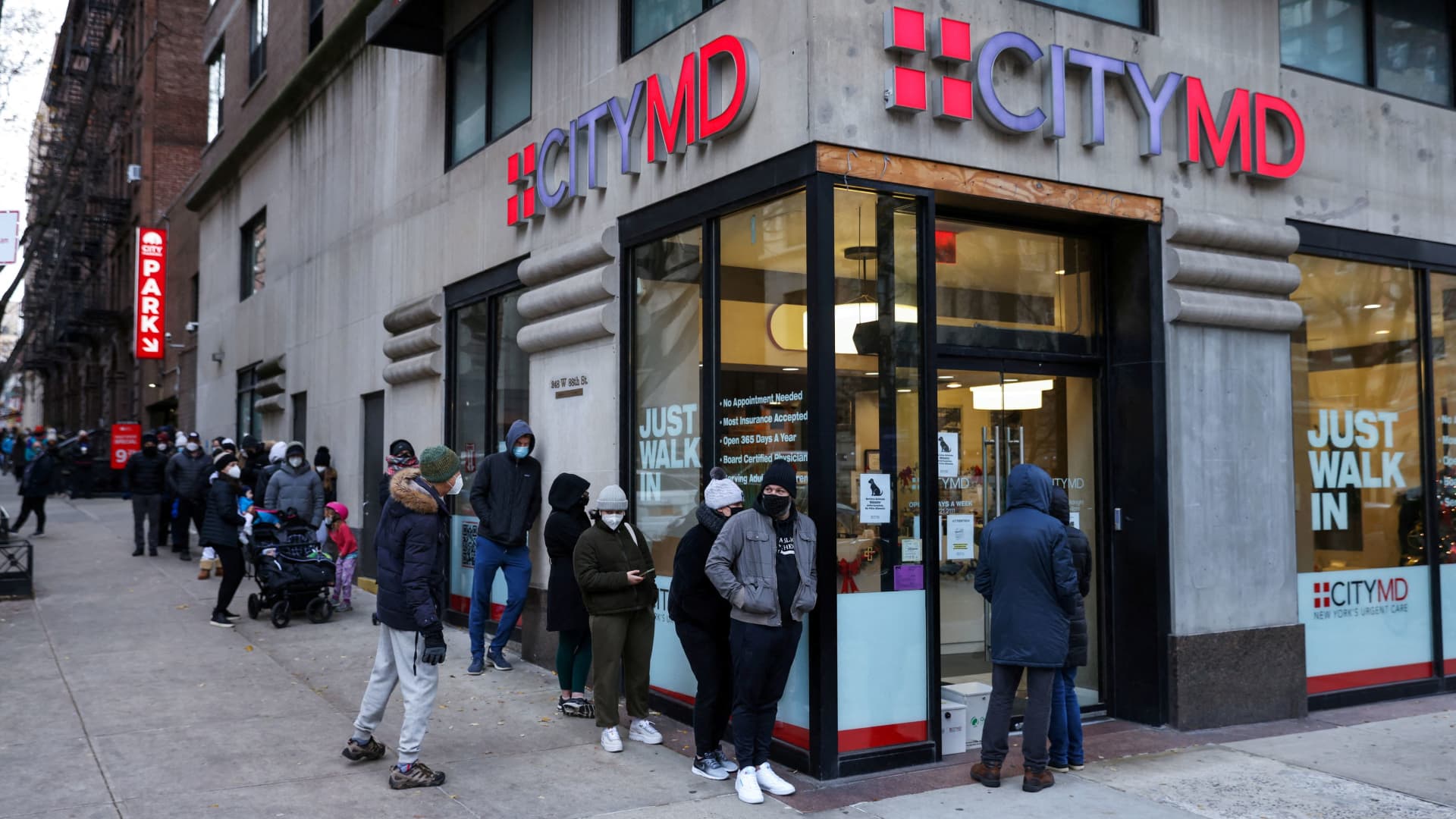AHCJ Board President Felice Freyer speaks with Katelyn Jetelina, MPH, Ph.D., about Jetelina’s “Your Local Epidemiologist” newsletter. Photo by Zachary Linhares
At the height of the pandemic, when misinformation and fear were rife, Dr. Katelyn Jetelina launched her newsletter, Your Local Epidemiologist, with the stated goal of providing a direct line of translated public health science to the local, national and international community.
What began as a three-sentence email she sent to colleagues, students and staff quickly developed into an internationally recognized source of public health information. During a Q&A at Health Journalism 2024, Jetelina revealed what she says are the biggest challenges in disseminating public health information and how government agencies have succeeded and failed during the pandemic.
During the session moderated by KSHLD president Felice Freyer on Friday, Jetelina said the success of her newsletter revealed how wide the gap is between government agencies and health researchers and the public.
It is a “natural risk to communicate because you will get it wrong in one way or another”, said Jetelina. This is a risk that many government agencies are unwilling to take.
As an independent publisher, Jetelina acknowledged that she has more freedom to speak directly to the public than agencies like the CDC. In fact, CDC representatives turned to her for guidance on how to better communicate with the public during the pandemic. In her role as senior science adviser, she says she is trying to change the culture from within.
Her challenge with CDC has been “how do we take data and make it usable, actionable, and understandable?”
In the four years since the start of the COVID-19 pandemic, Jetelina said there are still some unanswered questions about how government agencies responded to the crisis.
One example Jetelina pointed out was how long it took public health agencies to recognize that the virus was in the air. In the first months of the pandemic, more than 200 scientists signed a letter sent to the World Health Organization claiming that COVID-19 was spread through airborne particles and droplets, but it took more than a year for the WHO to recognize this fact fundamental. Jetelina said it was a big mistake.
Asked to rate how the CDC is handling the H5 bird flu, which has spread from cows to a handful of US dairy workers, Jetelina said she would give them a B minus.
She praised the agency for its rapid response to bird flu, which included technical reports of genomic testing of human cases, a numbers page and weekly calls to reporters and experts. A unique challenge posed by bird flu, Jetelina said, was that it affects both humans and animals.
Another challenge she foresees is the communication of necessary bird flu protections, such as masks, which became politicized during the COVID pandemic.
For those fighting misinformation, which Jetelina prefers to call gossip, it takes on the tone of trying to convince people rather than engage in tribalism.
I really want people to make the best decisions based on evidence and not on fear or hearsay, she said.
#Local #Epidemiologist #talks #public #health #communication
Image Source : healthjournalism.org



